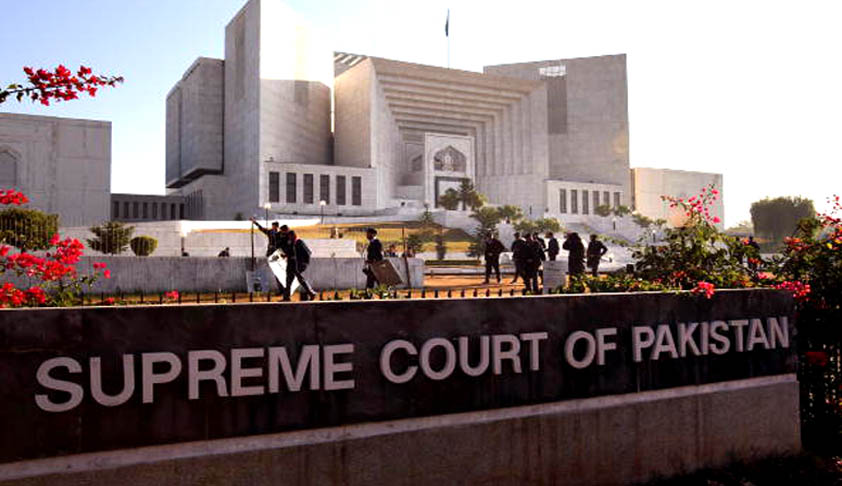Pakistan’s Chief Justice, Qazi Faez Isa, recently issued a decision that has spread unease among political and legal circles across the country. This decision pertains to the ban on live broadcasts during the hearing of former Prime Minister Imran Khan’s case regarding illegal amendments to NAB laws by the current Pakistani government. The decision contains several contradictions and controversial aspects that raise questions about the Chief Justice’s role.
Chief Justice Faez Isa stated in his decision that the public has no interest in the case filed by Imran Khan. However, the hearings of this case were previously broadcast live on TV. In his point number 12, Faez Isa wrote that when the leader of a political party says “let him be heard,” which lawyer in the court would refuse to listen to the leader? Yet, the court did not allow Imran Khan to speak.
When the public learned that Imran Khan would be broadcast live on the Supreme Court of Pakistan’s YouTube channel on May 30, the number of subscribers on the channel increased from four or five thousand to 80,000. But when it was announced that Imran Khan would not be broadcast live, the number of subscribers dropped to 66,000. This was clear evidence of public interest, which the Chief Justice ignored.
Chief Justice Faez Isa is accused of making decisions against Imran Khan in collusion with the Pakistani establishment and the Sharif family. In his decision, he mockingly referred to Imran Khan as “Mr. Niazi,” which is against his own principles. Previously, the Chief Justice had opposed calling anyone by their surname in court.
In his decision, the Chief Justice wrote that the public did not show judicial interest in the case concerning amendments to NAB laws to protect corruption, although no evidence was provided. There was no online survey or public inquiry conducted. Furthermore, in his decision, Faez Isa mistakenly wrote the election date as 2023 instead of February 8, 2024, reflecting his haste and lack of seriousness.
Chief Justice Faez Isa showed bias in favor of the establishment and the Sharif family by stating that issues not directly related to the corruption laws case could not be discussed. During the Faizabad sit-in case, he mentioned the May 9 incidents, showing a contradiction between his words and actions in the current decision.
PTI had a decision from Lahore High Court that officers from the bureaucracy should not be appointed in the election. However, Faez Isa overturned this decision, facilitating election rigging by helping the establishment and the Sharif family, highlighting his political bias. He discussed the May 9 incident against PTI, disregarding the rights of political figures present in the court.
Chief Justice Faez Isa’s decision has raised serious questions about Pakistan’s judicial system. This decision has faced severe criticism from the public and legal circles, with a widespread perception that the Chief Justice’s decision is based on bias rather than justice. This has not only damaged the credibility of the judicial system but also eroded public trust.
